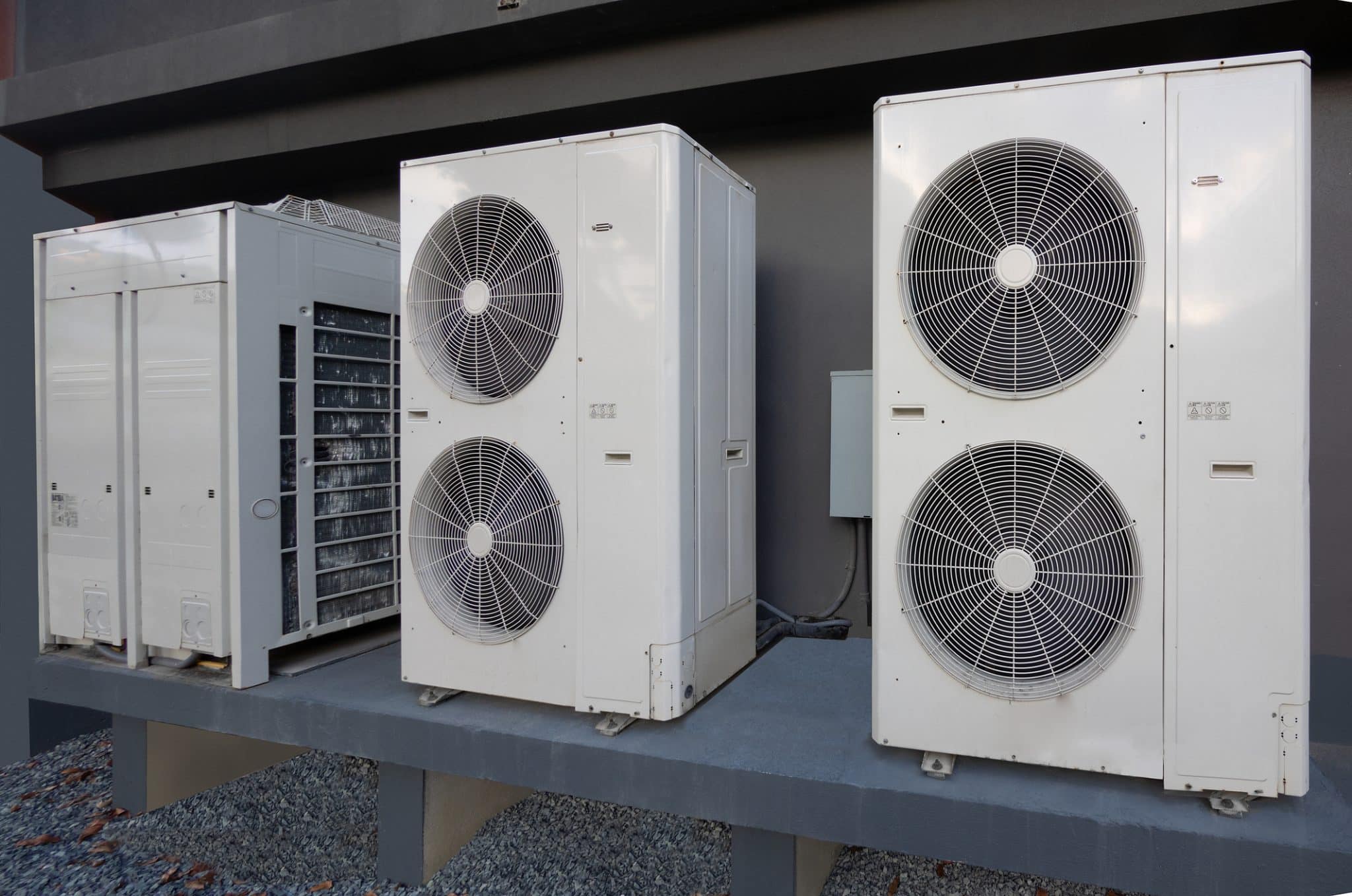Choosing the right cooling system for your home is like picking the best pair of running shoes. You want comfort, support, long-term savings, and something that doesn’t quit halfway through summer.
Two of the most popular options are heat pumps and central air conditioning systems—but which one is better?
Let’s break it down and help you make the most energy-efficient, wallet-friendly, sweat-free decision for your home.
What’s the Difference Between a Heat Pump and Central Air?
At a glance, heat pumps and central air conditioners look nearly identical from the outside. Both rely on an outdoor compressor unit, indoor coils, and ductwork to circulate cool air. But there’s a big twist.
Central air does one job: cool your home. It pulls warm air from inside, cools it over a coil filled with refrigerant, and sends it back in to chill the place.
Heat pumps, on the other hand, are multitaskers. In the summer, they act just like central air conditioners. But in the winter, they reverse the process—pulling heat from the outside air and bringing it indoors. One system. Year-round comfort.
Energy Efficiency: Who Wins?
If you’re focused on lowering energy bills (and who isn’t these days?), heat pumps take the crown in most parts of the country.
Heat pumps are known for their high efficiency, especially the newer models that are ENERGY STAR certified. They transfer heat rather than generate it, which uses significantly less electricity. This translates to lower utility bills throughout the year—especially if you’re currently relying on a separate furnace and central AC.
Central air systems, while still efficient for cooling, only tackle half the equation. When winter rolls around, you’ll still need to fire up a gas furnace or electric heater. That means double the equipment—and potentially double the maintenance.
✅ Winner: Heat pumps for their dual functionality and overall energy efficiency.
Installation Costs: Who’s Easier on the Wallet?
Upfront costs matter. And here’s where things can get tricky.
Central air systems are often cheaper to install if you already have a functioning furnace. You’re only replacing the cooling part of your system, so it’s a bit less complex.
Heat pumps tend to have a higher initial installation cost, especially if you’re switching from a traditional furnace and AC combo. You may need an upgraded electrical panel or ductwork adjustments. However—this is a big one—the IRA Rebates offer up to $8,000 in federal incentives to help offset that cost.
Combine that with state and utility rebates, and your heat pump installation suddenly becomes way more affordable than it seems at first glance.
🤝 Call it a tie, with heat pumps taking the lead when rebates are factored in.
Year-Round Value
If you’re looking for cooling only, central air can get the job done. But if you’re planning for the long haul—and want to simplify your HVAC system—heat pumps offer unbeatable year-round value.
Instead of maintaining two systems (an air conditioner and a furnace), you only need to service one unit. That’s fewer potential breakdowns, one set of filters, and fewer repair bills.
Plus, modern heat pumps work surprisingly well in colder climates thanks to cold climate technology and dual-fuel options (pairing your heat pump with a furnace for backup on the coldest days).
🌎 Bonus: Heat pumps are an eco-friendly choice, reducing your carbon footprint while keeping your home cozy.
Comfort Control & Performance
In terms of cooling performance, both systems are neck and neck. A heat pump cools just as efficiently as a central AC system of the same size and SEER (Seasonal Energy Efficiency Ratio) rating.
In winter, however, the performance of heat pumps can vary based on where you live. In mild or moderate climates, they’re excellent. In regions with harsh winters, you’ll either need a high-performance cold-climate model or pair it with a backup heat source.
📍Location matters when deciding which is better.
Maintenance & Lifespan
Both heat pumps and central air conditioners need regular maintenance: filter changes, coil cleaning, and refrigerant checks.
However, because heat pumps run all year long, they may require a little more attention or have slightly shorter lifespans compared to AC units. That said, with proper care, heat pumps can last 15+ years—and modern models are more durable than ever.
🧰 Pro tip: Schedule annual maintenance, and you’ll maximize the life of either system.
Rebates & Long-Term Savings
This is where heat pumps shine.
Thanks to the Inflation Reduction Act (IRA), homeowners can access up to $14,000 in total rebates, with up to $8,000 just for heat pump installation. That kind of support makes it easier than ever to go all-in on energy-efficient cooling (and heating) without draining your savings account.
MyNewHeatPump.com helps homeowners like you unlock these incentives. From finding licensed installers to navigating paperwork, we make the switch simple.
The Bottom Line: Heat Pump vs. Central Air
Here’s a quick recap:
| Category | Heat Pump | Central Air |
| Cooling Efficiency | ✅ | ✅ |
| Heating Function | ✅ | ❌ |
| Installation Cost | Slightly higher (but rebates help) | ✅ |
| Energy Savings | ✅ | ❌ |
| Year-Round Use | ✅ | ❌ |
| Environmental Impact | ✅ | ❌ |
| Eligible for IRA Rebates | ✅ | ❌ |
So, which is better—heat pump or central air?
If you’re looking for long-term savings, year-round comfort, and energy efficiency (plus some hefty rebates), a heat pump is hard to beat!
Access Up to $14,000 in Rebates with MyNewHeatPump.com
Thinking about making the switch? MyNewHeatPum.com connects you with licensed contractors, maximizes your savings through federal and state incentives, and guides you every step of the way.
Start your energy-efficient upgrade today—and keep your home cool in summer, warm in winter, and light on the utility bill. Check your eligibility today!


